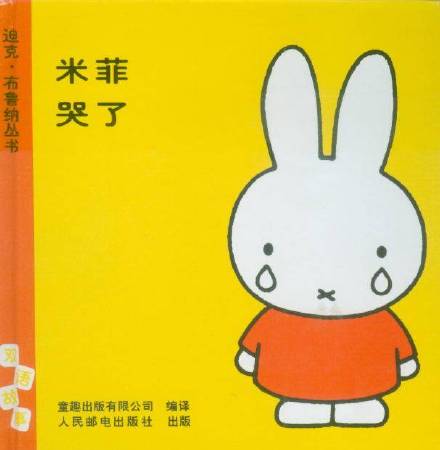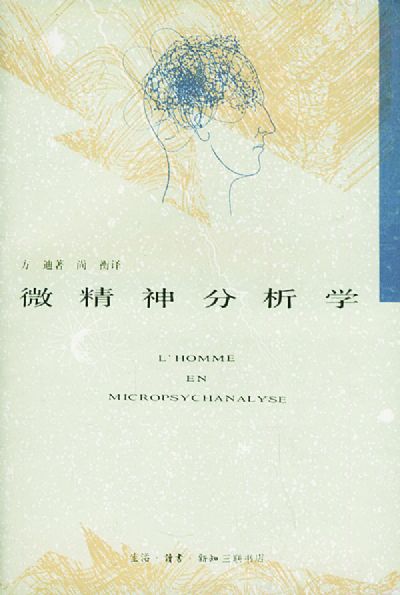
I think this title is also very strange, because the situation is very strange.
Yesterday, I was still translating “Miffy.” Translating “Miffy” is giving me quite a headache. The original text is incredibly simple, intended for children aged 2–6. Trillis, author of “The Reading Handbook,” suggests the English translation is suitable for children aged 6 months and older. Therefore, when translating, I had to use simple language to make it understandable and enjoyable for children aged 2–6. But the biggest challenge is that “Miffy” rhymes. The original author, Dutch painter Dick Bruna, proudly adopted a “Gothic rhyme,” not only for rhyme but also for the aesthetics of word count and typography. The English translator is also quite talented, having won a translation award for his work. So, ever since I had to take on the “review and translation” of that Miffy set, I’ve been having a real headache.
Yesterday I encountered a few particularly difficult paragraphs, and I couldn’t find the right rhyme: the meaning had to be similar to the original, and it had to rhyme, the number of words had to be similar, and the vocabulary had to be very simple and smooth to say, so that children aged 2–6 could roughly understand it… Putting all these conditions together, it seems unlikely.
It’s scorching hot, unbearable without the air conditioning, but it’s also uncomfortable with it. I’ve flipped through that rhyme guide several times and even used an app to search, but nothing helps. I’ve tried different ways of saying it, but none of them work. It’s frustrating. I’m tempted to put it aside and think about it later, but deadlines are tight. Honestly, I’m feeling a bit overwhelmed.
Whenever this happens, I will run to the bookshelf, pick up a book at random and read it to get a feel for it.
The books on the bookshelf were sorted a long time ago and are roughly classified, but it’s still quite messy, with all kinds of books mixed in.
I flipped through the pages randomly – hey! There was a book whose spine looked strange to me. It seemed to have come out of nowhere, mixed in with some philosophy and social science books, placed quite high up, and the words were a bit hard to read. At first glance, it looked like something like “psychoanalysis”. Strangely, the author’s name seemed to be in Chinese, but someone had translated it (I happen to be allergic to the word “translation”). The layout was also strange: “Fang
Di, translated by Shang Heng” – I feel this formatting is very clumsy and confusing.
Anyway, out of some inexplicable curiosity, I pulled this book from the top shelf. The pages were a bit worn and damp (it’s unavoidable in Guangzhou), but my signature stamped on them proved it was indeed my own. The smell was that familiar, old book scent. I flipped through it briefly, and it looked like a serious theoretical work—perfect for reading in bed. So I lay down and read, flipping to the back at random, purely on a whim.
I didn’t expect this book to be so good, at least it suited my mood yesterday. I just flipped through it, picking up where I left off, and before I knew it, I’d already read half the book. I found it very interesting, with many novel ideas that I might not agree with, but they were very inspiring. I just don’t know what the whole book is about yet. Haha, sometimes people can feel a bit lost when reading.
Later, feeling quite engrossed and curious, I flipped to the front. It turned out the book was called “Micro-Psychoanalysis,” and the author was a Swiss psychoanalyst named Fang Di. After carefully reading the preface, I realized that much of what I’d just read wasn’t actually written by the author, but rather notes he’d made about some of his patients. No wonder I found the writing so fascinating, though the language was sometimes a bit strange, haha! Reading this way was actually quite enjoyable, like exploring an unknown cave, groping your way through, only to emerge and discover a detailed map and guidebook right at the entrance!
The two statements made by Fang Di are very attractive to me.
One is the existence of emptiness:
On me
rare,
There’s almost nothing
The source belongs to me
Another is to try:
people,
From the body to the spirit,
is a
Made up of many attempts
try.
If we put these two statements together in a more popular way, we can probably say this:
Human existence is nothing more than an attempt to fill the void.
This sentence may not be what Fang Di originally intended. Perhaps it is just a sentence that I unconsciously associated with during my hasty exploration of his “cave”. It may not have much meaning in itself. How to understand it depends entirely on the new “explorer”.
But yesterday, it happened to be very inspiring to me, the “explorer”. I put down this book “Micro Psychoanalysis” (in the end, I didn’t quite understand what the book was about, but it was enough for me), got up and continued to deal with those “Miffy”, and my headache was not so painful anymore.
To be more pragmatic, I think I have discovered a very practical translation theorem:
Translation is nothing more than an attempt made up of many attempts to fill in the gaps.
How should I put it? Take, for example, translating something as simple as “Miffy.” When you have to express the same meaning in another language, while being constrained by a series of rules, headaches are inevitable. You have to keep experimenting. Perhaps to find the right rhyming word, you have to try every conceivable possibility, trying countless rhyme possibilities. But when you finally find a word that just happens to be the right one, it seems to have been there forever, seemingly unrelated to all your previous attempts, as if everything before was a waste of effort. But the truth is, all your attempts were for this final chance.
As Dr. Fang Di, the author of Micro Psychoanalysis, said:
try
yes
Accidental twin brothers

Experimentation is the twin brother of chance: from “Miffy” to “Micro Psychoanalysis”
